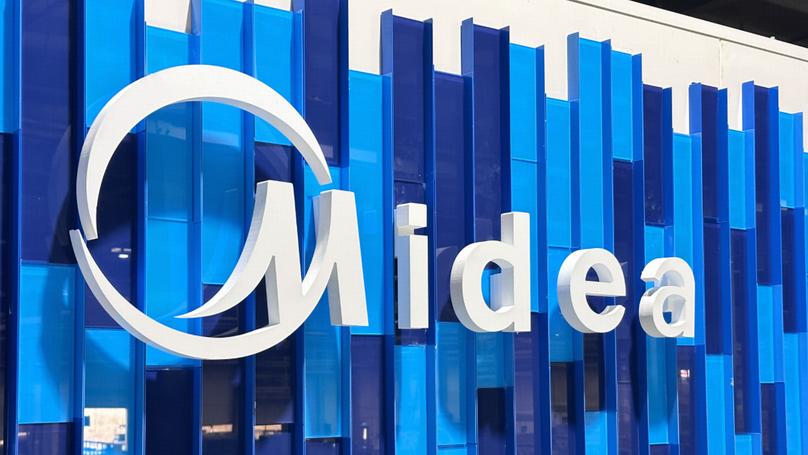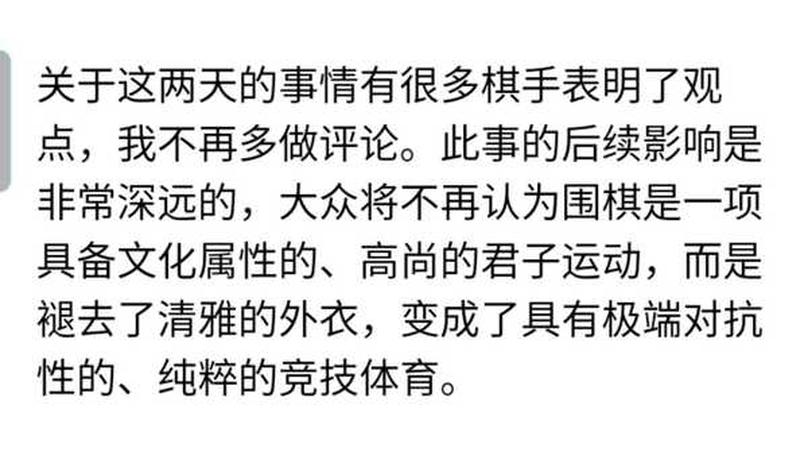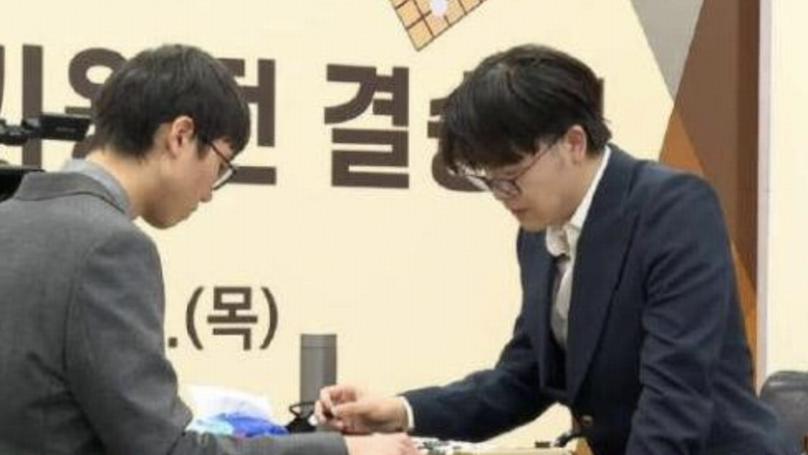Topics

America’s emergence as a global energy powerhouse fundamentally shapes Trump’s approach to international climate agreements. The United States has become one of the world’s largest producers of oil and natural gas, with significant advantages in energy production, processing technology, and capital resources.

In a bold move to transform corporate culture, Midea Group, one of China’s largest home appliance manufacturers, has introduced six significant workplace reforms that challenge deeply entrenched practices in Chinese corporate culture.

In a dramatic turn of events at the LG Cup final in Korea, Chinese Go master Ke Jie made the difficult decision to withdraw from the tournament during his match against Korean player Sin Jin-ho.

The recent controversy in the 29th LG Cup World Weiqi (Go) Championship final has ignited a fierce debate in the international Go community. On January 23, 2025, during the third game between China’s Ke Jie and South Korea’s Shin Jinseo, a seemingly routine match transformed into a watershed moment for professional Go.

The Go community was shaken by an unprecedented controversy at the third game of the LG Cup final between China’s Ke Jie and South Korea’s Park Junghwan. The incident has sparked intense debate about competition rules and officiating in professional Go.

A fascinating question from a young mind reveals deep insights into physics and human perception. The child’s reasoning follows an intuitive path: if rotating in place makes distant objects appear to circle around us, then extremely distant celestial bodies must move incredibly fast - seemingly faster than light - to complete their circular path in the same time.

The recent story of a young couple in Jishou city, Hunan Province, China, has ignited a nationwide conversation about evolving housing preferences and consumption patterns among China’s millennial generation. Working as a state enterprise employee and a music teacher respectively, the couple purchased a 260-square-meter penthouse apartment for 760,000 yuan and invested an additional 600,000 yuan in renovations to create their “dream home.